One of the best University Synagogue tours ever was our 2000
trip to Argentina and Brazil. Both countries were physically beautiful and Jewishly fascinating, and the
speakers with whom we met were unforgettable.
Since that time, however, Argentina has been reduced to
terrible economic straits, and its once-thriving middle class is in danger of
disappearing. That middle class made Argentina unique in South America, where
polarization between rich and poor is the norm.
Moreover, the 200,000 Jews of Argentina generally found
themselves in that middle class, and for the last two decades, it afforded them
democracy, security and prosperity. Now, those touchstones of everyday life are
eroding, and thousands of Jews have been forced over the last 20 months to ask
for financial help from synagogues, Jewish centers and local federations.
It would have been unimaginable two years ago to see Jews
eating at soup kitchens or standing in unemployment lines. Some have made
aliyah, but it’s so hard to begin life and language again when you are no
longer young. So most suffer, and they do so silently, because they are ashamed
even to ask for help.
Jewish schools are closing, synagogues can’t afford to even
set out a nice kiddush on Shabbat and everyone feels helpless and demoralized.
Imagine what would happen to us if our earnings and savings
dropped by 75 percent and unemployment rose to 54 percent. We’d be in shock,
unable to cope, afraid of the present and terrified of the future for ourselves
and our children. That’s the situation in which Argentina finds itself.
Six months ago, University Synagogue raised over $60,000 in
a six-week period to donate an ambulance to Israel through Magen David Adom. We
performed the mitzvah of pikuach nefesh (saving lives).
Now, once again, we have launched a life-saving campaign, as
we adopt Buenos Aires’ Congregation Dor Hadash, a synagogue that hosts a soup
kitchen for the Jews and non-Jews of its neighborhood.
That neighborhood, Villa Crespo, is so Jewish that its
nickname is “Villa Kreplach,” but its Jewish future can no longer be taken for
granted as its residents begin to leave, moving into poorer parts of Buenos
Aires or leaving the country completely.
We have asked each University Synagogue adult to contribute
$50 or more and each child $18 or more so that we can send a gift to
Congregation Dor Hadash as soon as possible. We also have a Patron’s category
for $500 to $1,000 or more per adult. Patrons will receive special recognition
from Congregation Dor Hadash.
All gifts of any size are appreciated and necessary. Each
day that we delay means more hunger, more fear, more humiliation and more
desperation. We invite the community to join us by supporting our appeal or
establishing others within their synagogues.
The popular song from “Evita” tells us: “Don’t cry for me, Argentina.”
We’re not crying for Evita, whose Peronist Party is greatly responsible for Argentina’s
economic plight, but for Argentina and its people and our fellow Jews.
In this new year of hope and possibility, let’s show the
same spirit of tzedakah (charitable giving) for our Jewish brothers and sisters
in Argentina that we, as Jews, have shown across the world. As Hillel reminds
us:
Si no ahora, quando?/Im lo achshav, aymati?/If not now,
when? Â
Arnold Rachlis is rabbi at University Synagogue in Irvine. For more information on the fund drive, call (949) 553-3535 or visit www.universitysynagogue.org.









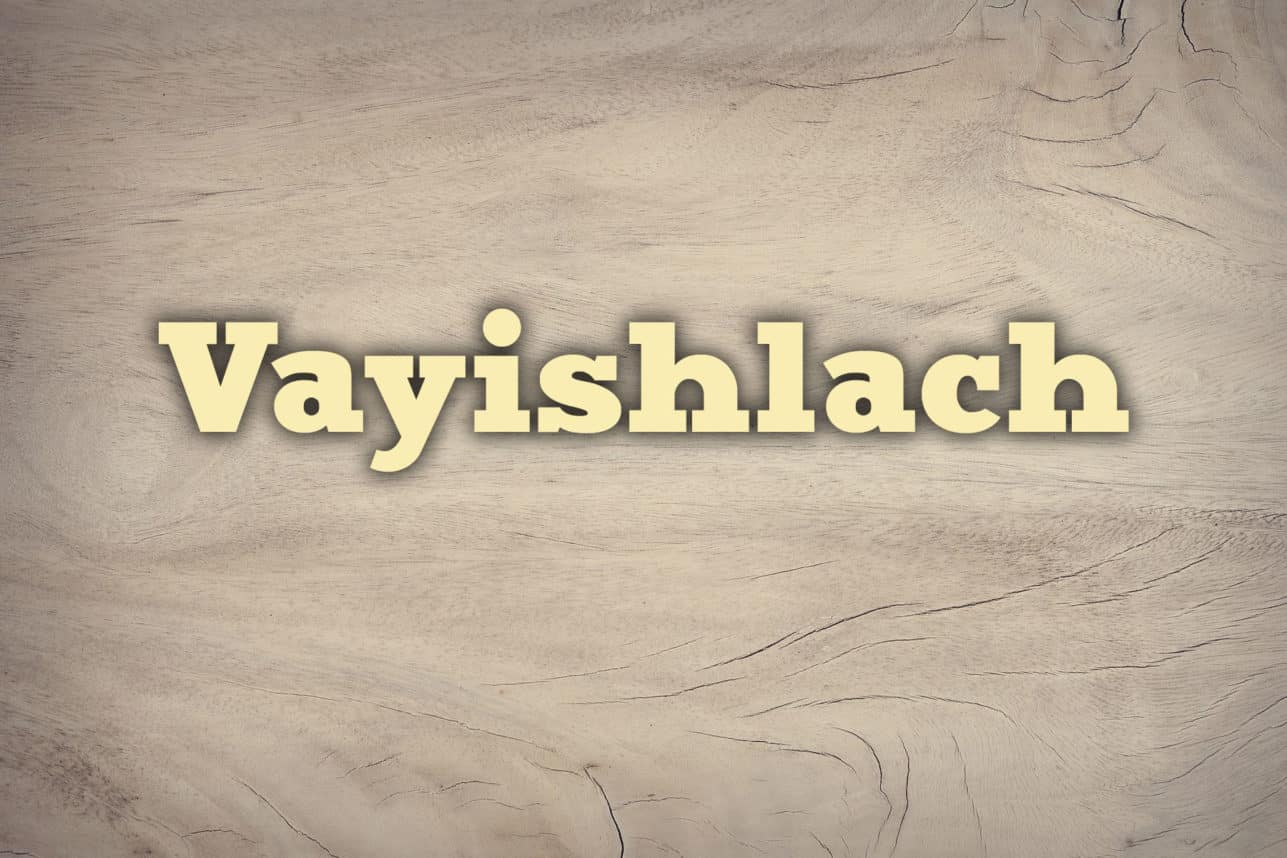
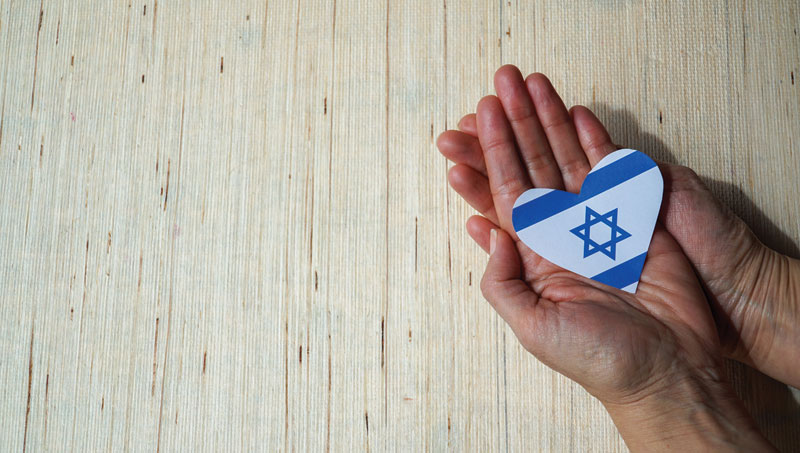


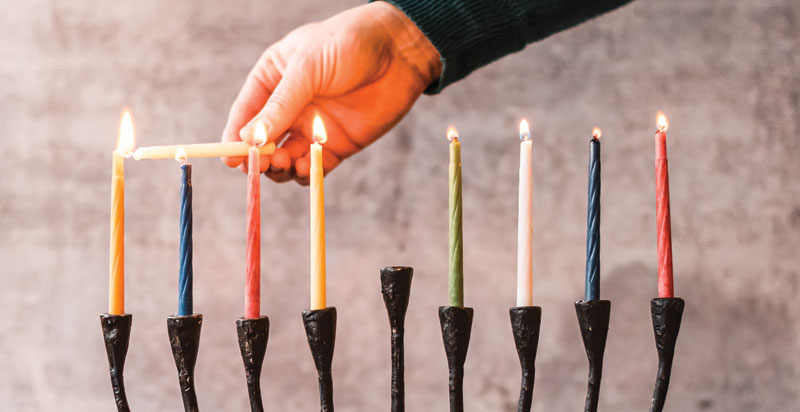
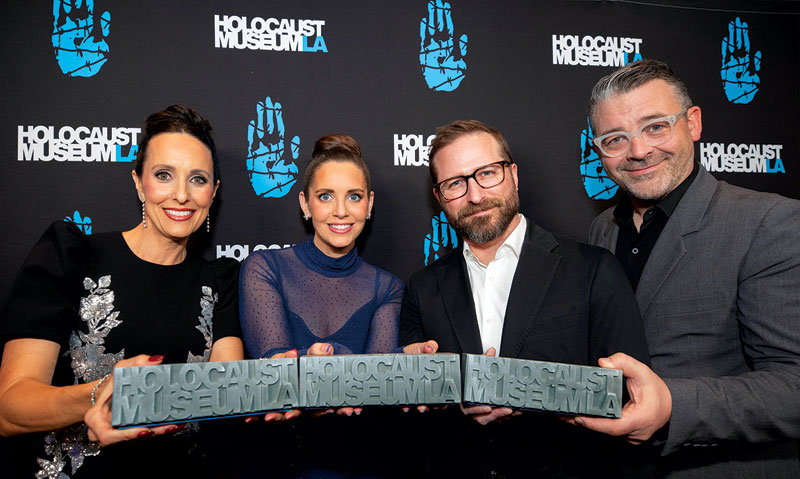
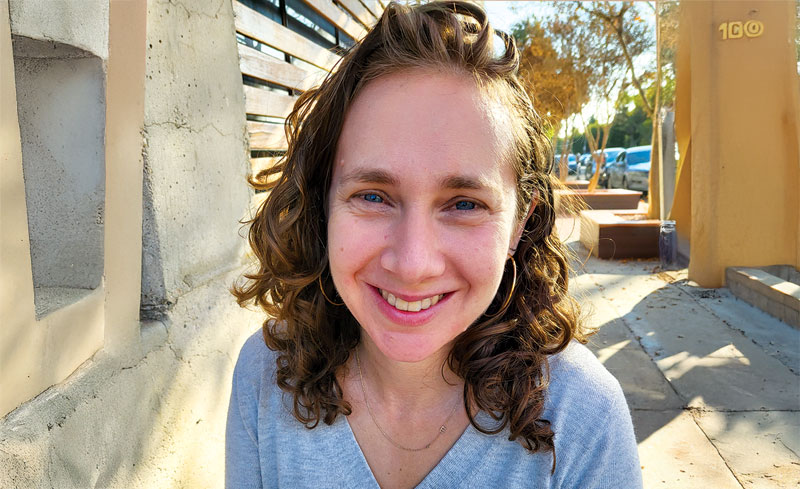
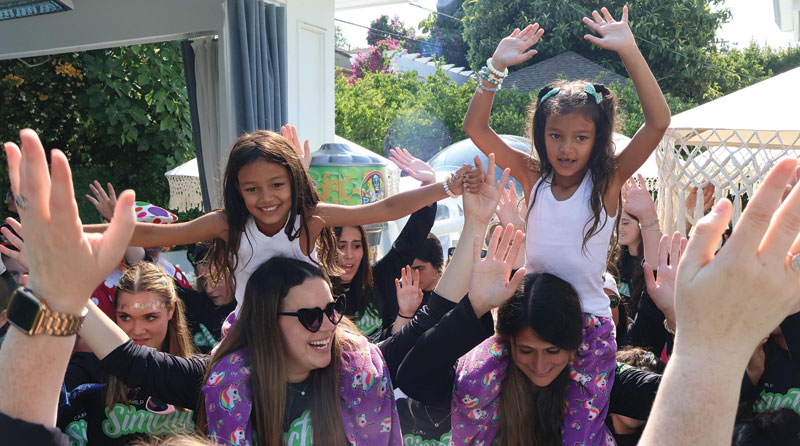





 More news and opinions than at a Shabbat dinner, right in your inbox.
More news and opinions than at a Shabbat dinner, right in your inbox.